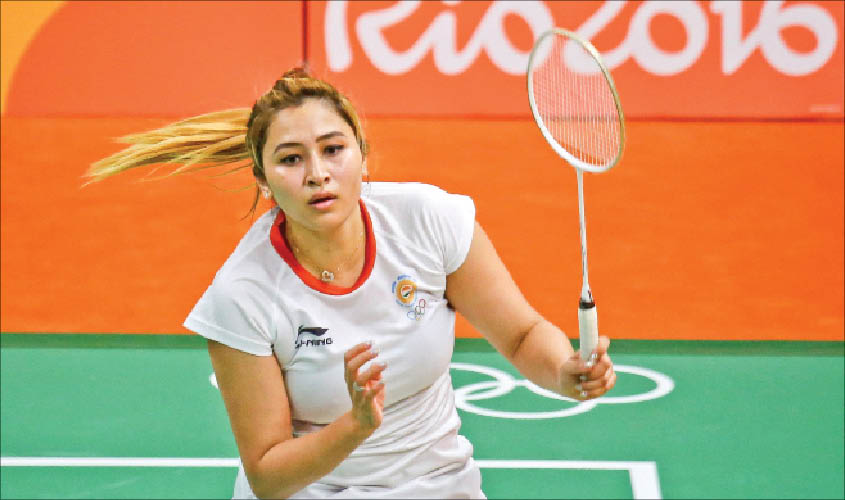Former Indian player Jwala insists on players to fight for their rights and speak up against the system to emerge from the shadow of singles.
Indian badminton’s success at the global level is mostly associated with the singles players and their performances. Indian doubles teams have not really fetched much attention in the country or outside, the reason being their below-par performances even in lesser important tournaments such as BWF Grand Prix and BWF Grand Prix Gold.
However, former Indian shuttler Jwala Gutta says that there are external factors ruling the minds of the players and thus affecting their performances, one of which is discriminatory treatment towards the doubles players by the badminton association.
“In the terms of monetary support, the attitude towards doubles is very lousy. Even when I performed at the highest level, it was very lousy. I do not find that there is enough support. We are just adjusting,” Jwala tells The Sunday Guardian.
Currently, no Indian pair is ranked among the top ten in the BWF world rankings in any doubles event. The only notable women’s doubles pair of Ashwini Ponnappa and N Sikki Reddy is ranked at an unimpressive 21 while the team of Satwiksairaj Rankireddy and Chirag Shetty are placed 18th in the men’s doubles.
Shockingly, it was only in 2016 that India, for the first time, qualified to compete at an Olympics in the doubles event.
Jwala, known as one of the most accomplished Indian doubles players so far, hints that the substandard rankings of the players is due to the fact that they have been living under the shadows of singles. Unlike players of other countries, the Indian doubles have to take care of various other elements, she opines.
“Other countries treat their doubles and singles equally. There is a lot of focus on their doubles. They have exclusive coaches. They have had physios before we have had. The players only play and do not get involved in any other politics. They are taken care of. Everybody is equal in the eyes of association and the chief coach. They do not have to worry about anything but badminton and their performances.”
Jwala’s former doubles partner Ponnappa, with whom she has won the 2011 World Championships bronze medal, has also earlier spoken about the disparity of treatment between singles and doubles players. “You are working against the system where even if you do really well, your performance is not highlighted. You don’t get as many sponsors as a singles player, and if that’s the case, what will be the motivation for youngsters to pick up doubles?” Ponnappa had earlier said.
Some days back, Ponappa again lamented that women’s doubles is not getting its due in India and stressed the need to have more events in the category to encourage players. The neglect of women’s doubles stands true as the decorated Premier Badminton League (PBL), held in India, has never included women’s doubles in any of its four seasons.
Unhappy with her former doubles partner’s soft tone, a vociferous Jwala said that rather than just reiterating the conditions of the doubles, Ponappa should talk about the reasons why the players are not getting their due. And by saying that, she demanded of players to speak about the favoritism going on in the Indian badminton.
‘Call spade a spade’
“If there is a problem in the system, you need to speak up. Else, how will we make progress? We know what kind of favoritism is happening in this country as badminton players. We know everything, but if the current players are okay with it, then they better not complain. If they really want this to change, then they have to speak out.”
“No other academy or no city other than Hyderabad, I feel, is capable of playing badminton,” she adds sarcastically.
The 35-year-old ace shuttler, who hasn’t been active in badminton after 2016, voiced for significant changes to have a better future for doubles. She said the discipline deserves a separate coach, a separate head coach and an administration that works for it and, most importantly, it needs to be treated fairly.

